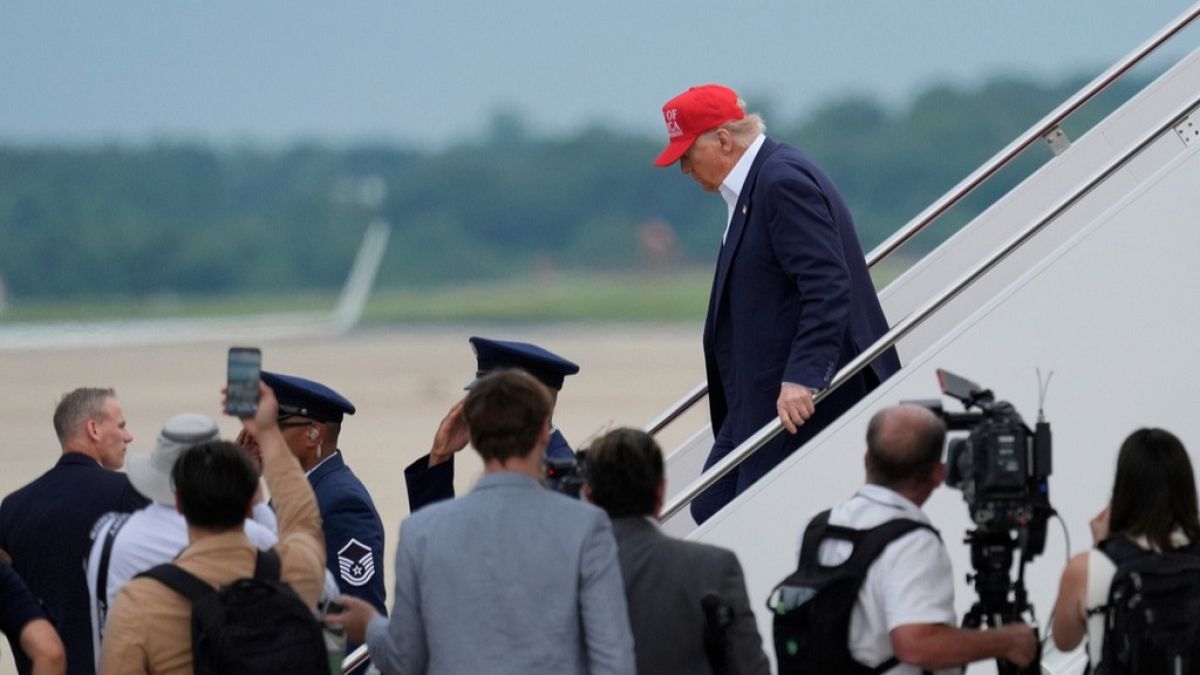

In a hopeful twist for international peace efforts, recent developments indicate positive strides in resolving longstanding conflicts. Notably, the complex geopolitical landscape is seeing encouraging steps towards peaceful resolutions, particularly regarding the ongoing conflict in Gaza and renewed diplomacy between world leaders over the Ukraine situation.
In the Middle East, the United States President, Donald Trump, has announced significant progress towards a potential ceasefire in the Gaza Strip. According to President Trump, Israel has consented to a 60-day ceasefire agreement, a pivotal move that aims to ameliorate the living conditions in Gaza and promote further peace negotiations. This ceasefire is set to be officially proposed to Hamas through the collaborative mediation efforts of Qatar and Egypt. President Trump emphasized the critical nature of the deal, suggesting it as a valuable opportunity that Hamas “will not get better.”
The dialogue surrounding this potential ceasefire is crucial, considering the immense toll the conflict has exacted, with an estimated 60,000 lives lost. The proposed ceasefire seeks to create a window of calm, allowing humanitarian efforts to take shape and opening avenues for deeper, sustained peacebuilding measures among the involved parties. The move is seen as part of broader international efforts to foster stability and reconstruct pathways to peace in the war-torn region.
In Europe, another light of diplomacy flickers as French President Emmanuel Macron engages in dialogue with Russian President Vladimir Putin. This interaction marks the first direct engagement between the two leaders since September 2022, signifying a potential thaw in relations that had largely been stalled following the onset of the conflict in Ukraine. Historical context reveals that Macron visited Putin in February 2022 in an effort to mitigate rising tensions at the time, but subsequent discussions waned as the situation escalated.
The recent communication between Macron and Putin was described as “substantial,” potentially paving the way for renewed diplomatic efforts aimed at addressing the complex challenges posed by the ongoing conflict in Ukraine. Such interactions could spearhead a wider international effort to stabilize the region, bringing much-needed hope to affected populations.
The convergence of these developments provides an optimistic refrain in international relations, as nations grapple with long-standing sectarian divisions and geopolitical tensions. The delicate intricacies involved in these peace processes resonate with a global yearning for diplomacy and understanding, forging paths to resolve conflicts through dialogue and negotiation rather than hostility.
As these diplomatic efforts unfold, the international community continues to watch closely, hopeful that these preliminary steps lead to sustained peace and cooperation. Such advancements serve as a reminder of the power of diplomacy and the potential for healing in even the most fractured regions.
Source: {link}
